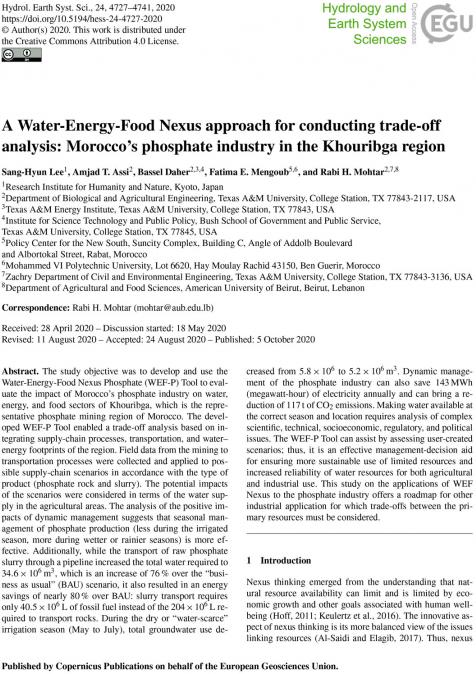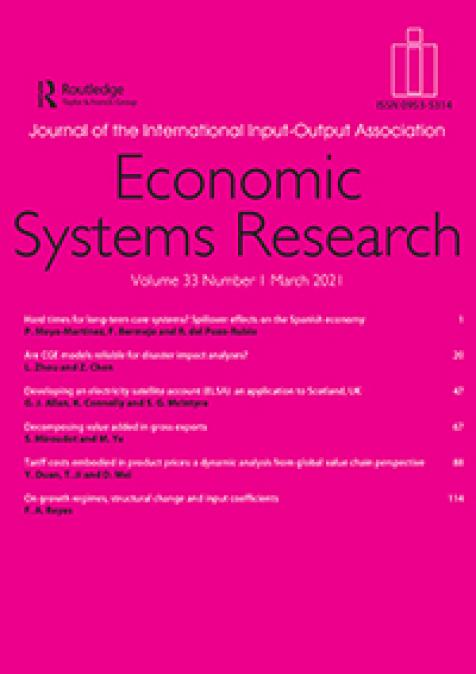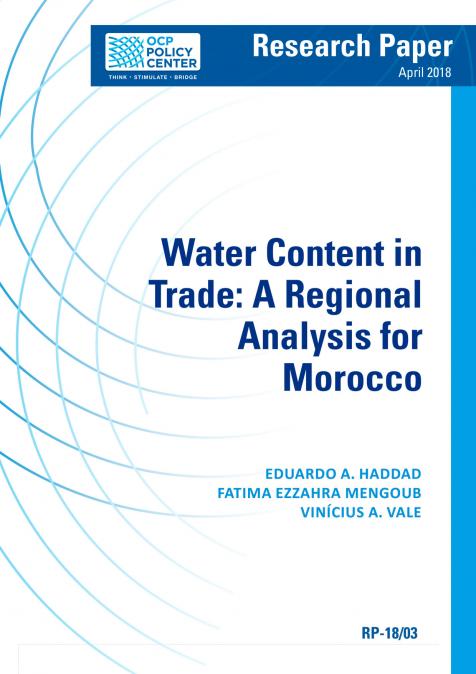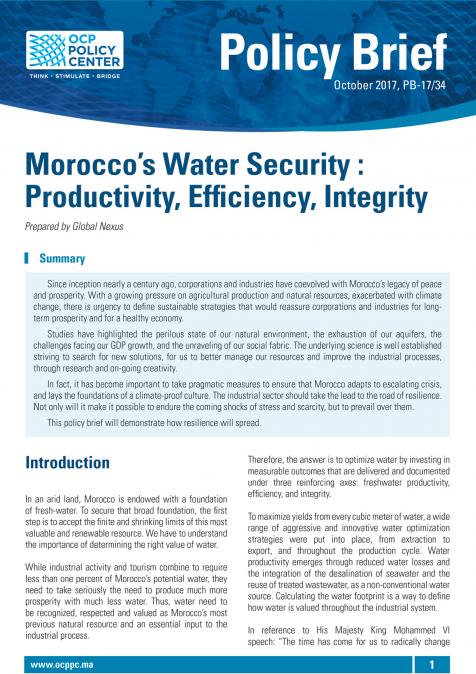حديث الثلاثاء: أي تدبير للموارد المائية في المغرب: بين السياسات القطاعية وجودة الحكامة
استمرت الموارد المائية في المغرب في التقلص على مدى عدة عقود بسبب انخفاض الإمدادات والاستغلال المفرط للموارد غير المتجددة ونقص التناسق بين البرامج التنموية القطاعية فيما يتعلق بالموارد المائية المتاحة وعجز كبير في حكامة الموارد المائية. ولازالت المنظومة المائية تواجه العديد من التحديات الكبرى، المرتبطة أساسا باستفحال الظواهر المناخية وما يترتب عنها من ندرة الموارد المائية، وعدم تكافئها مع الحاجيات المتزايدة بسبب النمو الديمغرافي، ومتطلبات التنمية الاقتصادية والاجتماعية، لاسيما في القطاع الفلاحي. فما هي اهم تحديات وعراقيل ضمان إدارة فعالة للموارد المائية؟ كيف يمكن تقييم النموذج الحالي لتدبير قطاع الماء؟ ما هي أهم البرامج التي تنبني عليها هذه السياسة القطاعية؟ وكيف يمكن دعم الحكامة، والاستفادة القصوى من العمل المشترك ما بين مختلف الفاعلين المؤسساتيين العاملين في هذا القطاع، في مواجهة تحديات التنمية في سياق من الندرة المتفاقمة للموارد المائية؟














